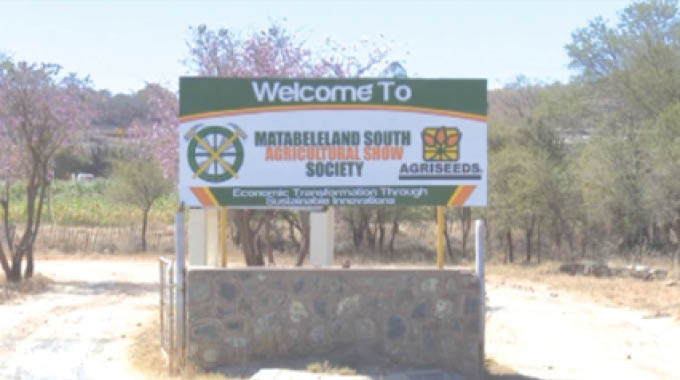A BIOGAS project being implemented by Practical Action in Chimanimani district is changing lives while also contributing to sustainable use of natural resources, beneficiaries have said.
The biogas project offers alternative clean cooking energy for rural women and promotes tree conservation.
A Practical Action study revealed that cutting down of trees exposed communities in the district to flooding because deforestation was seriously reducing the water holding capacity of soils.
“This biogas digester project is a huge relief for me as a woman. I used to walk long distances, kilometres, in search of firewood that I would return home at dusk,” said Maidei Musukutwa, a participant in the biogas project.
“Collecting firewood was laborious but now I only need to collect dung from my kraal then generate clean cooking energy. I am empowered as a woman and fully committed to this enterprise which will generate income for me. As women we can also participate as builders with no limit or excuse.”
Evidence Mutitsve (22) believes the biogas project will drastically reduce cases of sexual abuse targeting women and girls as they fetch firewood.
Keep Reading
- Game-changing oil rig Zim-bound
- Travelling & touring: Ever heard of a four-roomed cave?
- AWF empowers victims of human-wildlife conflict
- Global demand buoys tobacco prices
“We gladly welcomed this project which should reduce cases of sexual abuse. Women have always faced the high risk and have experienced a lot of sexual harassment and in extreme cases murder in secluded places when collecting firewood,” she said.
Practical Action piloted four demonstration biogas digester sites in Chimanimani in partnership with the Energy ministry through the Rural Electrification Agency.
The biogas energy produced from the digester can power household stoves, refrigerators and lighting, reducing reliance on firewood and combating deforestation.
“Women had to walk long distances to collect firewood, thus missing out on opportunities to participate in income activities for the household. Now with the biogas initiative that ensures use of clean fuels, it reduces household air pollution and protects women's health,” said Practical Action client and resilient officer, Nkosiphile Mthethwa.
“The slurry or by-product produced from biogas is readily available organic fertiliser that is used in the fields, gardens and irrigation schemes to fertilise the soil. We are currently promoting and raising awareness on the use of slurry for fertility which will also generate income for women with biogas technology.”





